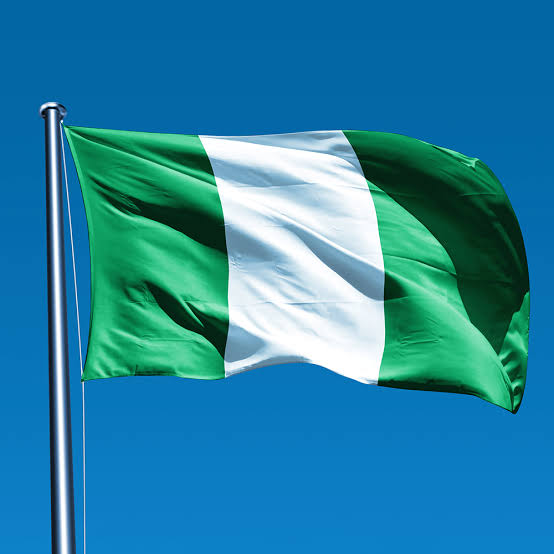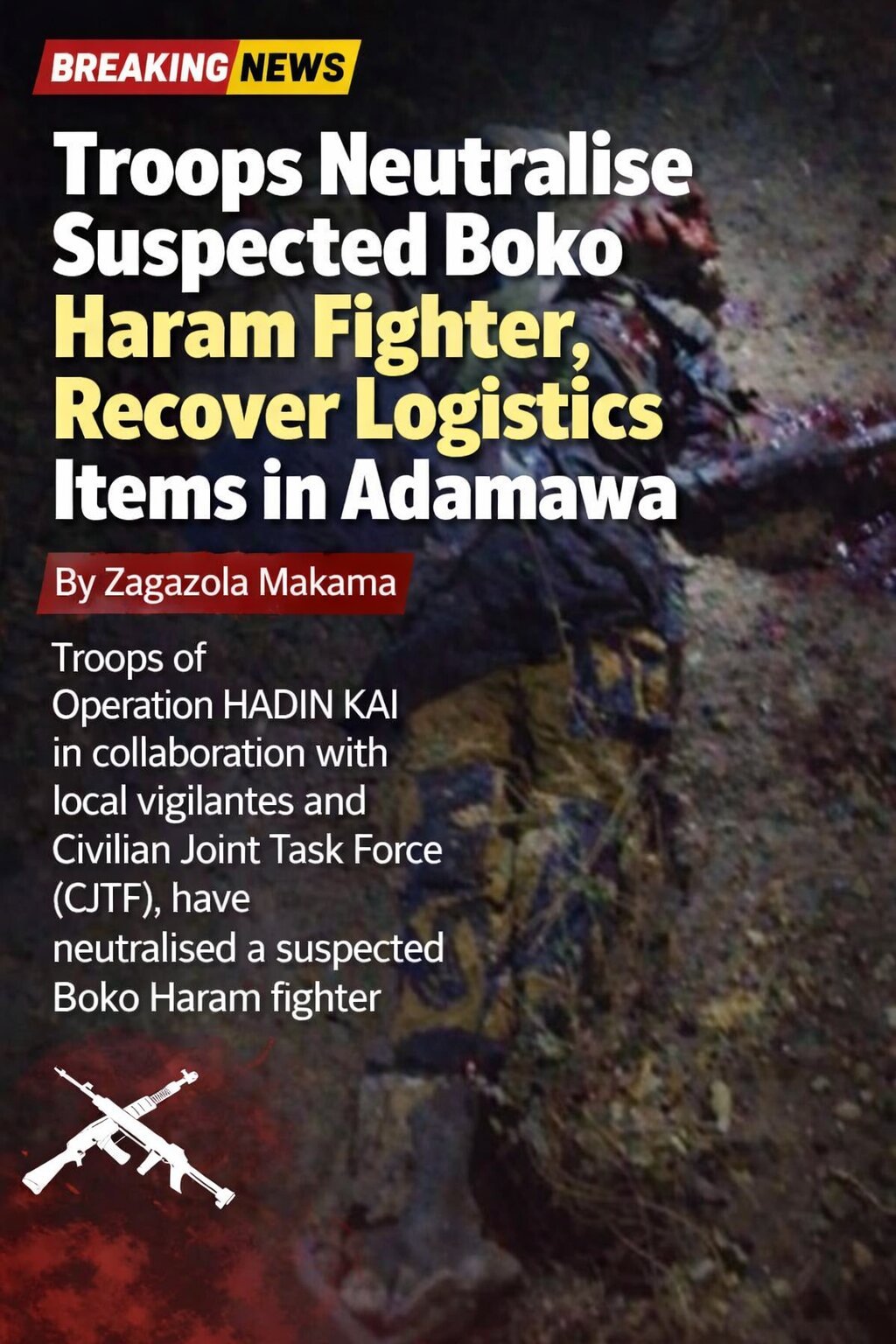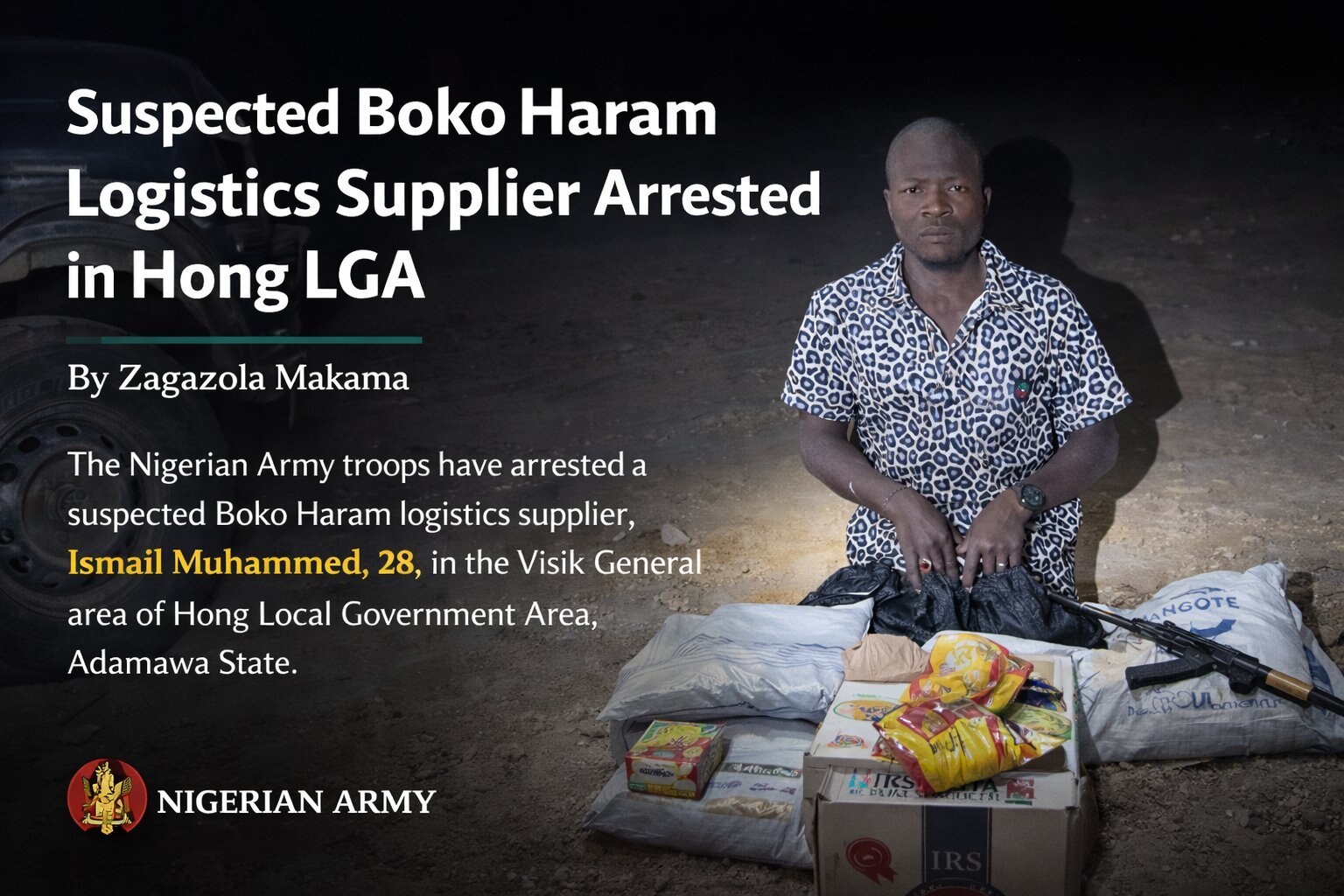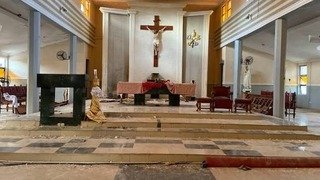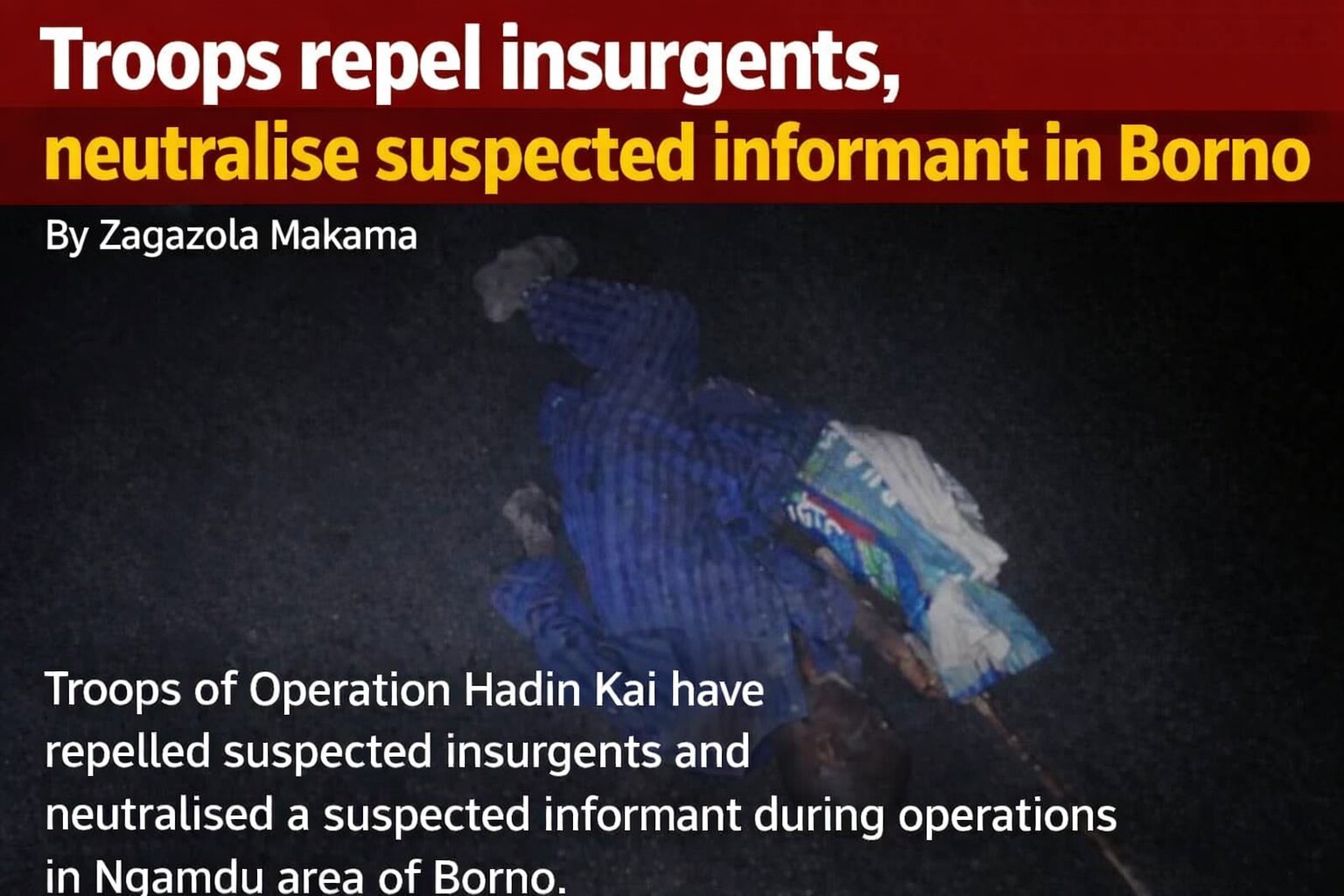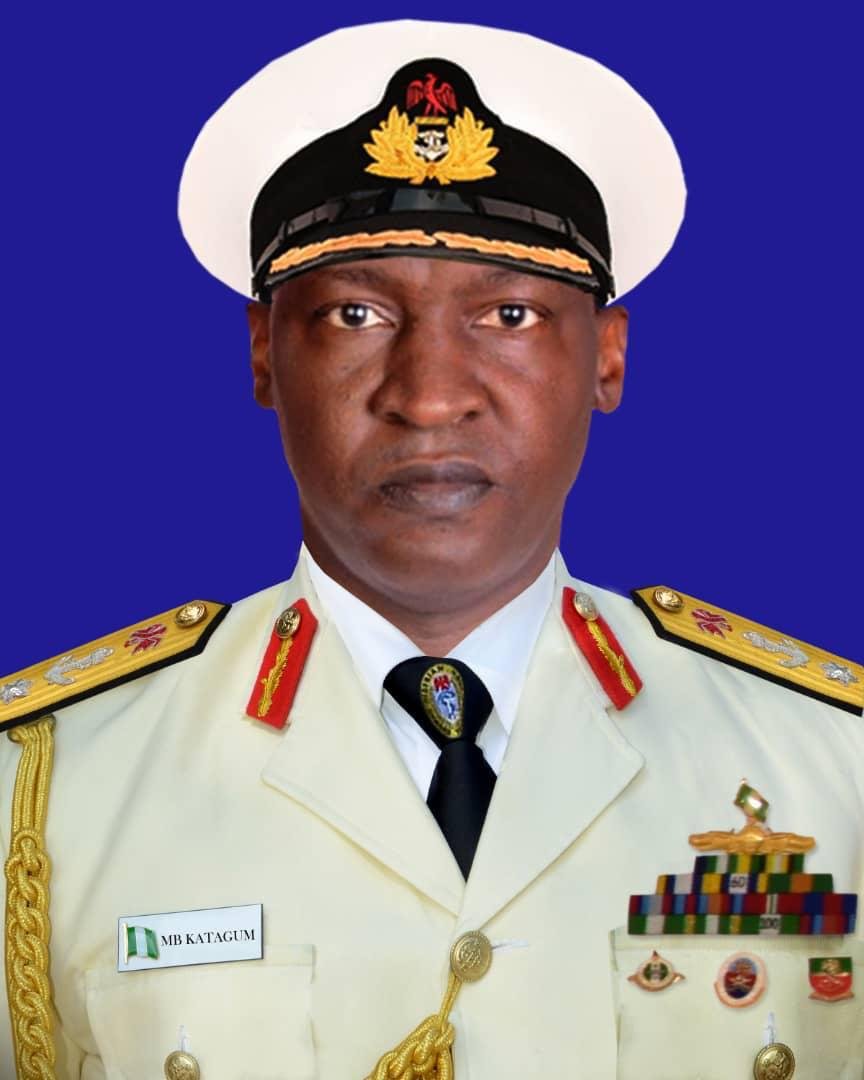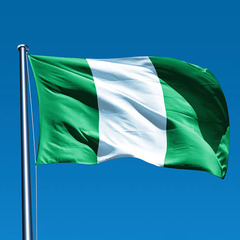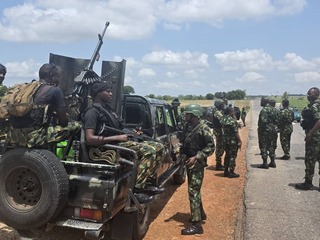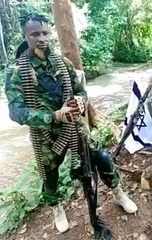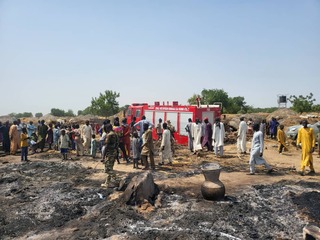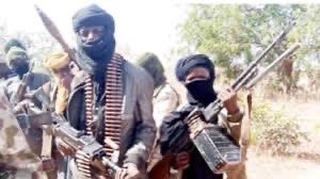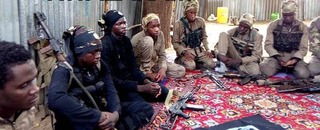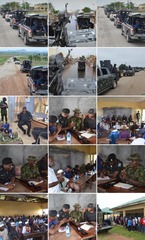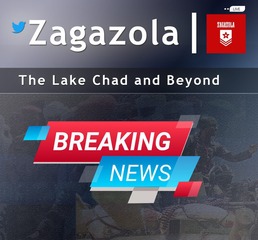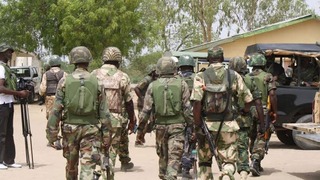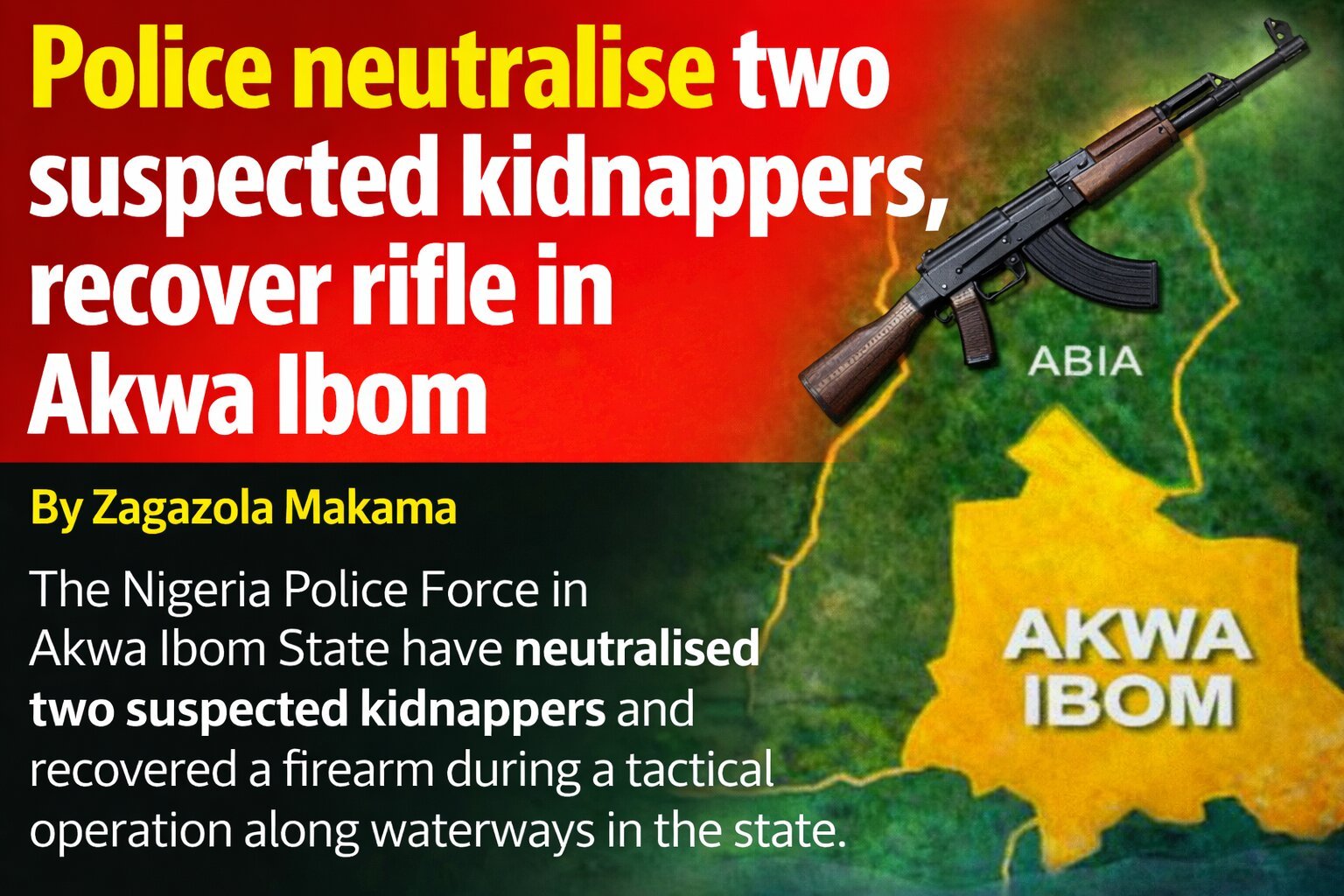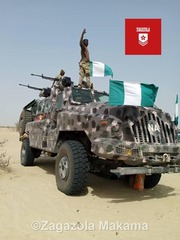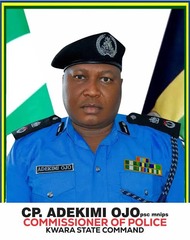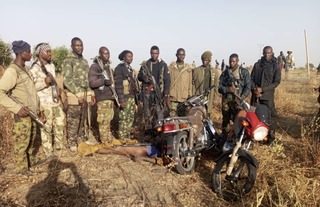Nigeria rejects false Western claims of ‘Christian genocide’, warns against divisive propaganda
By: Zagazola Makama
Nigeria has rejected recent claims by some Western commentators and lawmakers alleging that a “Christian genocide” is taking place in the country, describing the assertions as false, inflammatory, and an attempt to sow religious division among Nigerians.
The allegations, which have gained traction in some Western media and political circles, were amplified by U.S. Senator Ted Cruz, CNN contributor Van Jones, and television host Bill Maher, among others. The Canadian Parliament also recently adopted a resolution categorising Nigeria as “one of the most dangerous countries in the world for Christians.”
Independent analysts and national security sources have, however, dismissed the claims as deliberate misinformation driven by ignorance of Nigeria’s complex security realities. They explained that the country’s security challenges from insurgency to banditry and communal conflicts are not rooted in religion but in terrorism, resource competition, and criminality.
It is a fact that terrorism and violent extremism have claimed the lives of both Christians and Muslims in almost equal proportion over the past 14 years. Insurgent groups such as Boko Haram and the Islamic State West Africa Province (ISWAP) have repeatedly attacked both churches and mosques, markets, schools, and villages without discrimination.
“The suggestion that one faith group is being systematically exterminated is both inaccurate and dangerous,” a senior security analyst said. “Terrorists operating in Nigeria kill indiscriminately they do not ask victims their religion before pulling the trigger.”
The source noted that while Christian communities in the Middle Belt and parts of the North have suffered devastating attacks from bandits due to communal conflicts of farmers and herders, thousands of Muslim families in Borno, Yobe, Zamfara, Katsina, and Niger States have also been massacred or displaced by the same extremist and criminal groups.
Available security data further indicate that Boko Haram’s early atrocities in Maiduguri and other parts of the North-East included bombings of mosques during prayers, assassinations of Islamic clerics, and massacres of Muslim civilians who rejected the group’s ideology.
Some Western politicians and commentators are deliberately misrepresenting Nigeria’s internal conflicts to push geopolitical or ideological agendas. Such portrayals often ignore on-the-ground realities and the shared suffering of all Nigerians affected by terrorism.
The portrayal of Nigeria’s conflict as a war against Christians is part of a recurring pattern of selective outrage that simplifies complex African crises for Western consumption.
During the peak of Boko Haram’s insurgency, several Western countries resisted classifying the group as a terrorist organisation despite mounting evidence of mass killings. “The same actors who downplayed the threat then are now exploiting it to create a false narrative of religious persecution,” he added.
Security analysts and humanitarian partners working in the North-East, North-West, and North-Central regions confirm that victims of violence include both major faith groups. In Zamfara, Niger, and Katsina States, predominantly Muslim rural communities have endured years of bandit attacks, mass kidnappings, and displacement. Similarly, Christian communities in Benue, Plateau, and Taraba States have faced deadly farmer-herder clashes and attacks by armed militias. Framing it as a one-sided religious war only fuels hate and undermines peace efforts.
Responsible reporting and international engagement should focus on strengthening Nigeria’s counterterrorism operations, rebuilding communities, and addressing root causes of violence such as poverty, land pressure, and weak local governance rather than promoting divisive religious narratives.
Nigeria continues to maintain a diverse and resilient society where Christians and Muslims coexist in most communities. Interfaith leaders and civil society organisations have repeatedly emphasised unity and cooperation as the only sustainable path toward national security and reconciliation.
The real struggle in Nigeria is between peace and chaos, not between Christians and Muslims. Both faiths have suffered, and both must unite to end the cycle of bloodshed.
Foreign actors exploiting Nigeria’s challenges for political gain could inadvertently embolden extremists and undermine local peacebuilding efforts.
There is no Christian genocide in Nigeria,“What exists is a brutal campaign of terror against Nigerians Christians, Muslims, and others alike. The pain is collective, and so must be the solution.”

